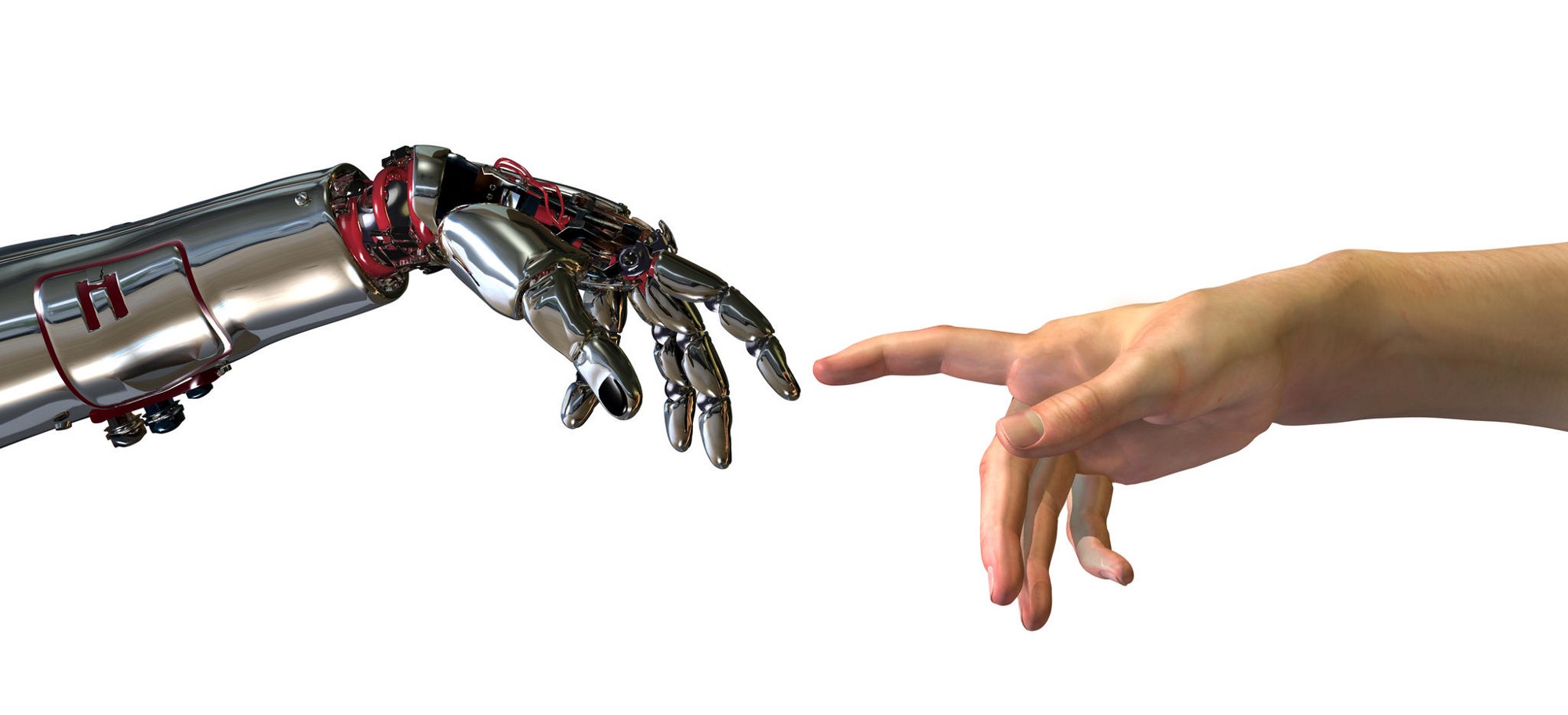Have you ever been wondering which movie to choose for the evening and you used IMDb or Netflix to help you out? Have you bought a book which was recommended by Amazon? Do you listen to the music offered by YouTube? Were you late for a meeting and Google maps showed you an optimal route to avoid a traffic am? Is your mailbox successfully separating spam from regular e-mails? These are everyday examples supported by the mysterious world of artificial intelligence (AI), which is “helping” users of products and services offered by companies like Facebook, Twitter, Google, Instagram, Amazon, Apple, Airbnb, Pinterest, Uber, Microsoft, IBM, Intel and many others.
The basic goal of AI is to develop a technology that will allow the device or machine to imitate human thinking or human intelligence. There are four key areas of intelligence: visual (shapes, faces, fingerprints …), speech (recognition and generation of speech), manipulative (manipulation of machine parts) and rational intelligence (data processing). We often picture ourselves robots that will replace people and our jobs when talking about AI. AI has therefore often a bad connotation in our daily conversations which is wrong because AI is just a tool that is used by humans with the help of mathematics and machine learning. The AI is basically completely dependent on us. However, it is fair to say that many processes powered by AI are more efficient than processes powered by humans. AI can already choose a partner, manage a self-driving car, advise on purchases, trade on stock exchanges, etc. In many cases a machine using AI knows us better than we know ourselves.
A very successful example of the AI performance was the “Deep Blue” chess program, which defeated a Russian chess grandmaster Garry Kasparov in 1997 in the six historic games. A computer program “Chinook” for playing Checkers is also a remarkable example, which finally solved the Checkers with 5 × 10^20 possible combinations and proved that the best a player playing against Chinook can achieve is a draw. Finally, “AlphaGo”, a computer program for playing Go, beat the professional top-ranked player for the first time in history in 2016. These are examples which are based on rational intelligence and machine learning.
AI is by no means a new thing and has been known for decades. The first known example of the AI is the development of artificial neurons in 1943, whereas the AI as an academic field has already been established in 1956 in the United States. Nowadays, its power is strengthened by an extremely large amount of available data and super-powerful computers capable of intelligently transforming these data into meaningful actions in a very short time. And what are these data? Messages and likes on Facebook, twitts, posts on Instagram and Google searches, to mention only the most recognizable. This data is unimaginable: 5.75 billion likes and 4.3 billion messages on Facebook, 656 million twitts, 67 million Instagram posts and 5.2 billion searches on Google on a daily basis and they represent main sources for the AI. With the help of appropriate algorithms, AI transforms our internet trails into targeted advertising ads, suggestions of new “friends”, a selection of posts that are more attractive to us or into an adapted election campaign that effectively plays with our emotions and feelings.
AI is, however, not only a manipulative tool and can significantly facilitate our lives in many ways today and in the future. If we focus only on wooden windows, the windows will optimally operate on the basis of internal and external climate conditions (temperature, humidity, light, CO, CO2, …), constant detection of defects on the windows and predicting their remain of lifespan. This is just a part of what the future is bringing. We will not be able to escape the influence of AI, because it is already everywhere around us. We are deceiving ourselves if we believe that we are successfully avoiding and rejecting it. Anyone who has a profile on any social network has already adopted the AI. So what is the AI? An enemy or a friend? Abraham Lincoln said: “Do I not destroy my enemies when I turn them into friends?” This is part of an answer expressed by a man with a high degree of intelligence and integrity, both of which will be crucial that AI really becomes our friend and not the enemy in the future.


